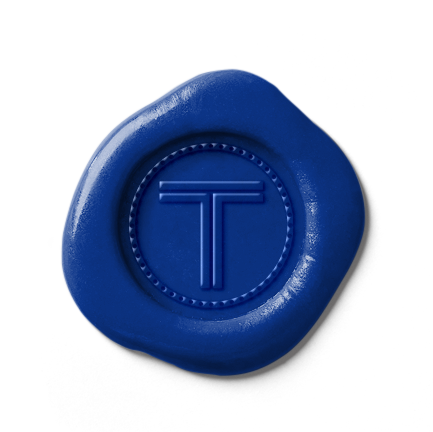Muscadet’s Matriarch
Veronique Guenther-Chereau and her daughter, Aurore
A family legacy of winemaking
In May, Muscadet is green.
This winegrowing region, the Atlantic boundary of the Loire Valley, is largely defined by two rivers, Sèvre and Maine.
Veronique Günther-Chereau does her work at the epicenter of this region, the corner of where these two rivers meet.
The old 15th century castle rests within view of the vineyards where Veronique and her daughter, Aurore, get their hands dirty. This time of year, they are inspecting pale clusters of immature Melon de Bourgogne, pulling off-shoots here and there. The limestone shells of ancient windmills break the horizon line, bladeless, and now only ornamental.
Veronique has seen some of these vines age from fifty to well over one hundred years. She’s the picture in your head of a wizened French winemaker: sturdy, square-faced, focused, and clad in a fuzzy beige cardigan and rimmed spectacles. She isn’t quick to speak, though when she does she’s direct, and does not waste her breath.
Her father, Bernard Chereau, purchased Chateau du Coing, and a few other parcels in 1973. After years buying the fruit and finished wine of others as a negociant, it was time to give it a go himself. It was never part of the plan to include his daughter in the operation, and Veronique fought tooth and nail for the rights to work on these vineyards that grew and aged with her.
Veronique Guenther-Chereau and her daughter, Aurore
The year was 1990, and after receiving her doctorate in pharmacology, Veronique returned home to make wine.
“Few people took me seriously, nor my father, and even less my brother who was scheduled to take over vines…with no room left for me,” she writes.
She assisted in the operation at du Coing, and became chief winemaker in short order. Her wines were immediately recognized for their quality.
And, right on schedule, in 2003, her brother took the reins of the label, then Chereau-Carre. Shortly after, compromises were reached, and Veronique was making wines under a different name.
“I suddenly found myself at the head of [Chateau du Coing], without a list of French or Export clients. I started from nothing, without cash, without a network...It's been 18 years now and I'm here more than ever.”
She wrote to us, “I am passionate about history, architecture... in all that is heritage.”
And she owns her family’s winemaking heritage. Bernard Sr. had long been a figure on the vanguard of winemaking in Muscadet. In those days, a handful of producers were taking stabs at elevating it beyond, “oyster wine” status - a good aperitif, but little more. A commodity.
To put some meat on the bones of this famously lean regional production, winemakers, including Bernard Sr, experimented with extended skin-contact, longer time on the dead yeast cells known as “lees,” and even new oak barrels.
Veronique Guenther-Chereau and her daughter, Aurore
Today, Veronique’s wine is the wonderful result of this experimentation.
All of her wines are bottled single-vineyard, with no mixing of these individual vineyard-based cuvees. Each is also vinified uniquely - this bottle with a few months “on the lees,” another with many years, some sit in traditional glass-lined tanks, others receive the gentle influence of new oak.
But Veronique has also pulled the domaine into the future - “[we are considering] reduction of sulfur in the wine, elimination of as many inputs as possible, wines with less residual sugar.”
Her goal is, of course, to make delicious wine, and to leave a legacy that her daughter Aurore can participate in, but there seems to be something greater in the grit and fight that Veronique embodies. She will continue the work she started decades ago, to create a new landscape in this place of old windmills where she was born and raised, for her Aurore, for those that believe great wine can come from Muscadet.
Her favorite time of year in her homeland is Spring and the verdant Month of May, and indeed, she is planting the seeds now for a new Spring in Muscadet.
Veronique Guenther-Chereau and her daughter, Aurore




